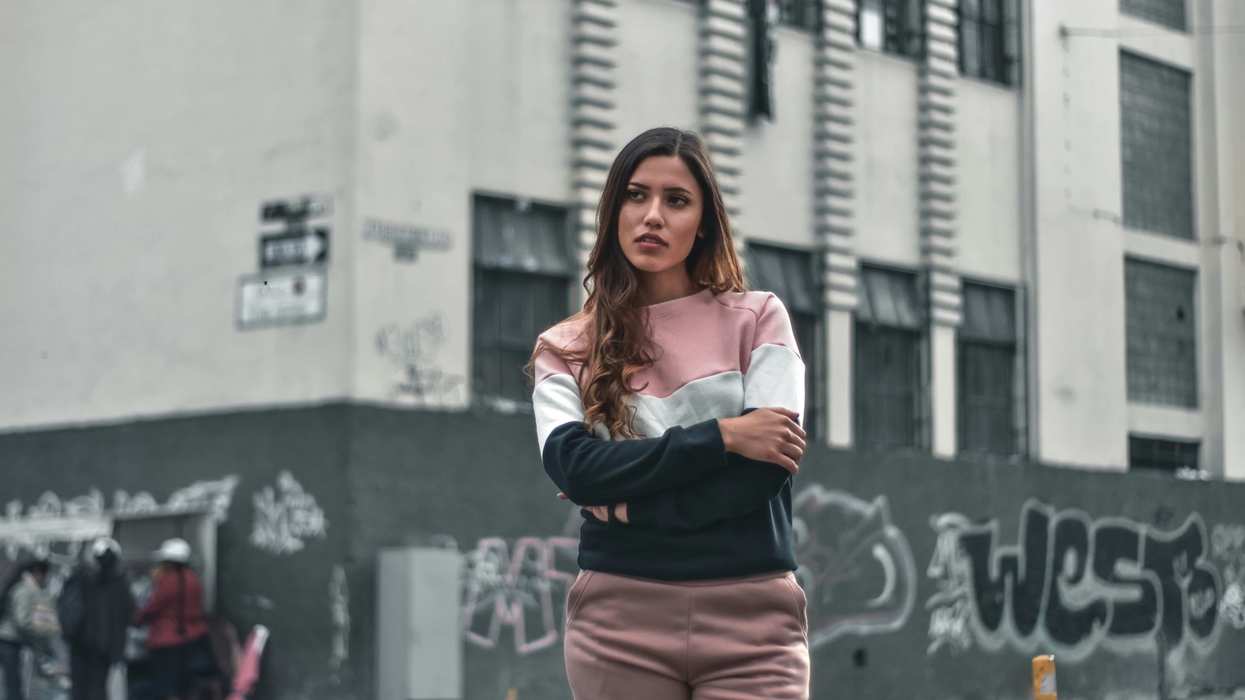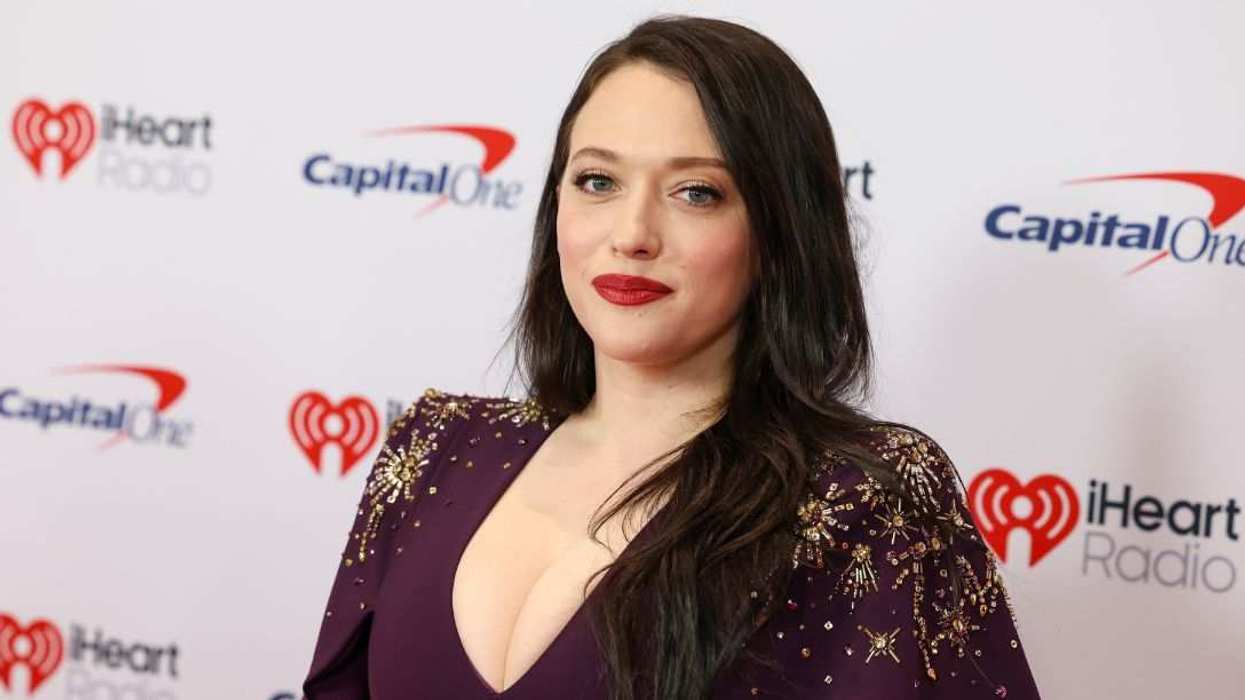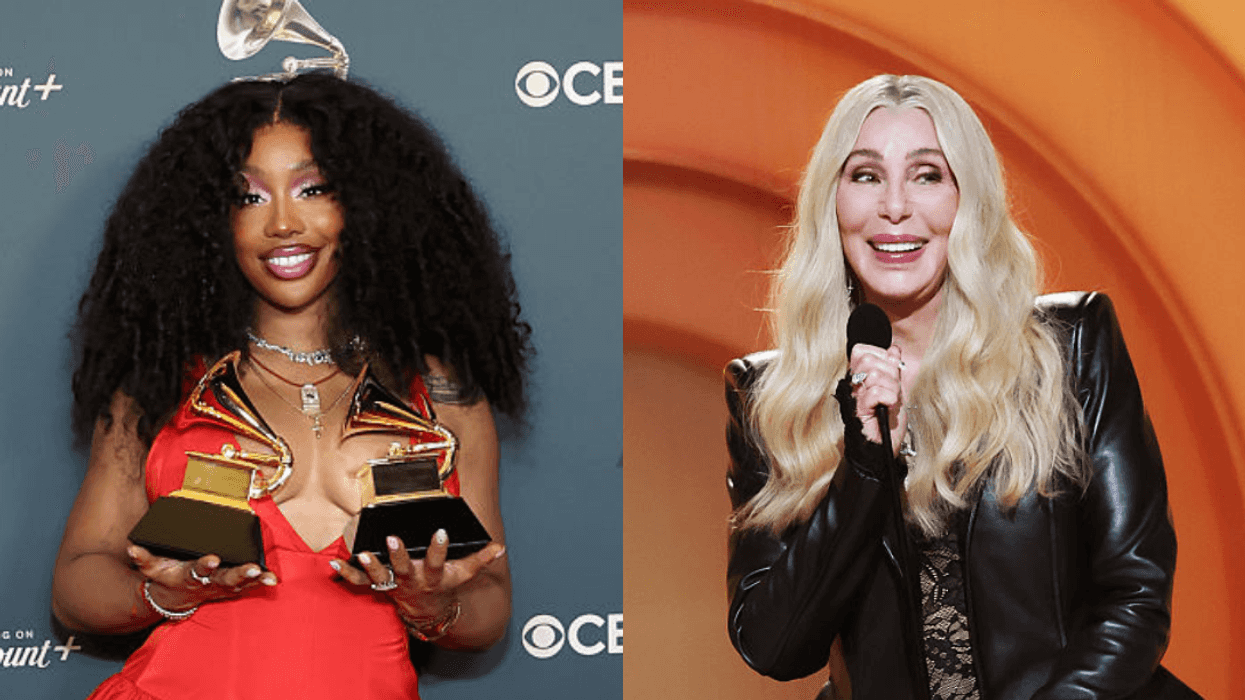Lisa Rinna, a soap opera actress and reality TV star from The Real Housewives of Beverly Hills is being sued for posting paparazzi photos of her and her daughters on her own Instagram account.
The question of who owns the rights to these photos has been tested before, from famous stars like Khloé Kardashian and Gigi Hadid, but in most cases it's whoever took the photo.
Back in June, Backgrid, an agency that represents paparazzi, filed a federal lawsuit against Rinna.
They state eight photos of Rinna and her daughters were infringing on the copyright of the photographer who filed for a 90 day copyright. They also state the photos had a Backgrid watermark still over the photos when posted.
Due to Rinna's large following of three million people on Instagram—from her career on the soap opera Days of Our Lives and the TV drama Melrose Place and the reality series The Real Housewives of Beverly Hills—they are suing for $1.2 million in damages.
Rinna is fighting this claim unlike most celebrities:
"Thus, Defendant is informed and believes, and thereupon alleges, that hte Plaintiff (and others like it ) has effectively 'ewaponized' the Copyright Act in an effort to augment its income (and the income of its affiliate photographers, commonly referred to as 'paparazzi') during and because of the COVID-19 pandemic."
Essentially, Rinna's defense believes Backgrid is using this copyright issue as a way to make up the money they lost during the shutdown when the paparazzi couldn't take photos of celebrities in public.
When they could be photographed, masks made celebrities unrecognizable.
Rinna said:
"I've always seen it as a very symbiotic relationship."
"It was part of the game, if you're going to be in this business."
"I've been nice, I've never fought with them, I've never run from them."
"My kids grew up with them jumping out of the bushes in Malibu."
"We've had a very good relationship with the press and the paparazzi. That's why this is so shocking to me."
Litigation records show most of these cases are settled out of the court room. The fees paid by the celebrity are usually more than the typical price of licensing the photos—a few hundred or thousand dollars.
There's benefit for everyone involved to have these photos taken and shared. Celebrities get publicity when splashed across magazine covers and online news media, paparazzi get paid for their photography to be used.
But when a celebrity wants to use it for their own benefit or they want to have a photo taken down, their hands can't touch it unless they pay the copyright fees or otherwise pay hefty legal feels like Rinna.
Jo Ardalan from One LLP, representing Backgrid in the case against Rinna, said:
"It's a problem when celebrities post photos on social media when they do not have permission."
"Once a photograph is posted, People magazine or Us Weekly will be less likely to buy it, because all their fans will have already seen it."
Celebrities use their photos as marketing when they post to social media, not just for the entertainment of friends and family like the average user.
Ardalan explained:
"Celebrities use their social media accounts to promote themselves as a brand."
"They also frequently get paid for endorsing products on social media. That is a very commercial use."
Other celebrity defendants have included Justin Bieber, Katie Perry and the Kardashian sisters. Kim Kardashian even hired her own photographer to take paparazzi-like photos for her fans on social media.
The Copyright Act is generally there to protect writing or images that took creativity and effort to produce. Contrary to most peoples' beliefs, the court would say paparazzi photos are in fact creative.
Attorney Neel Chatterjee, who specializes in Silicon Valley intellectual property cases, said:
"There's somewhat of a presumption that there's enough creativity in taking these photographs that they're protectable by copyright."
But these lawsuits have been won before. Gigi Hadid won her copyright case because the agency hadn't actually secured the copyright for the photo Hadid used before filing the lawsuit.
Getty Images tried to demand $120 for a photo that Carol Highsmith had donated to the Library of Congress for royalty-free access by the public.
Highsmith sued the agency for $1 billion for attempting to assert rights to 18,755 pieces of her work. That was settled out-of-court.
Rinna said she would not have countersued had the stakes not been raised by the amount for the damages:
"I understand paying a little bit."
"But to pay this much, it's very hard for me to say that's OK."
"There's something that's not right about this."
"Those photos are worth much less — I mean, it's my kids with masks on."
Rinna is claiming "fair use" for her case, but it's unclear if that will help her in any way. Hadid originally tried with that but ultimately found getter grounds to make her case.
This has caused a stir on Twitter over who really has the right to the photos, the photographer or the celebrity.
Unfortunately, it doesn't seem like there's much celebrities can do unless lawmakers get involved in changing the rules around copyrights.

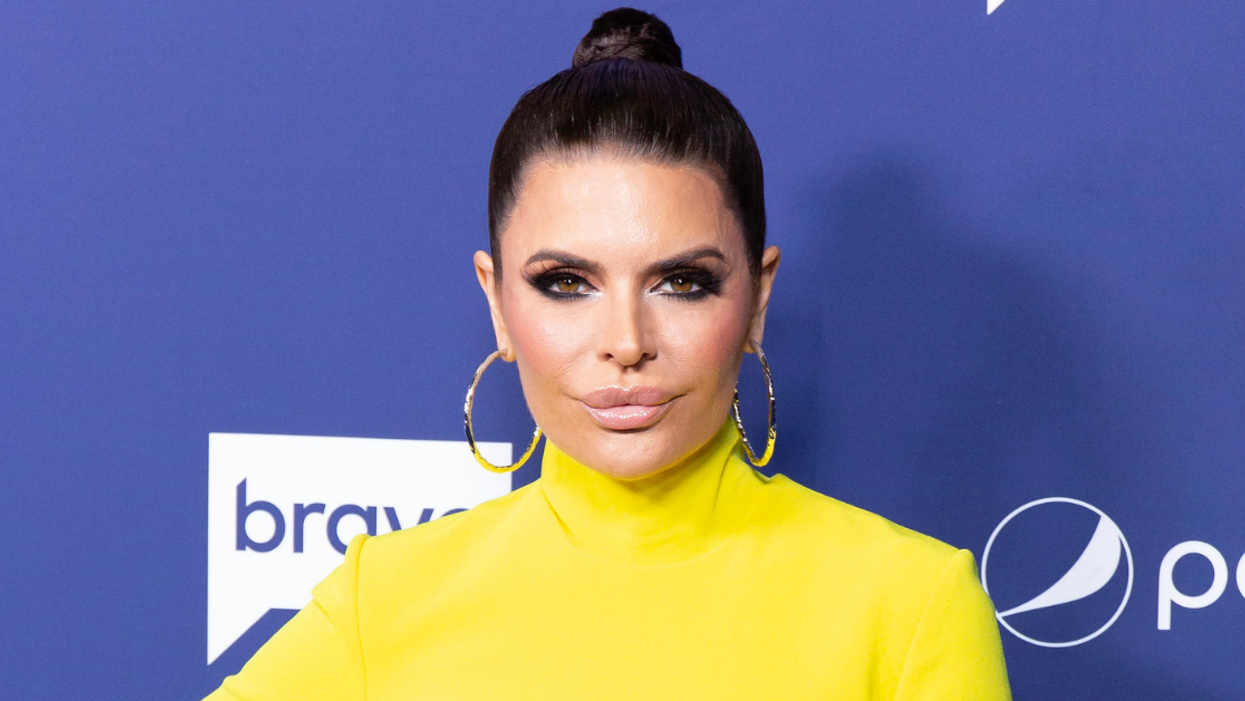

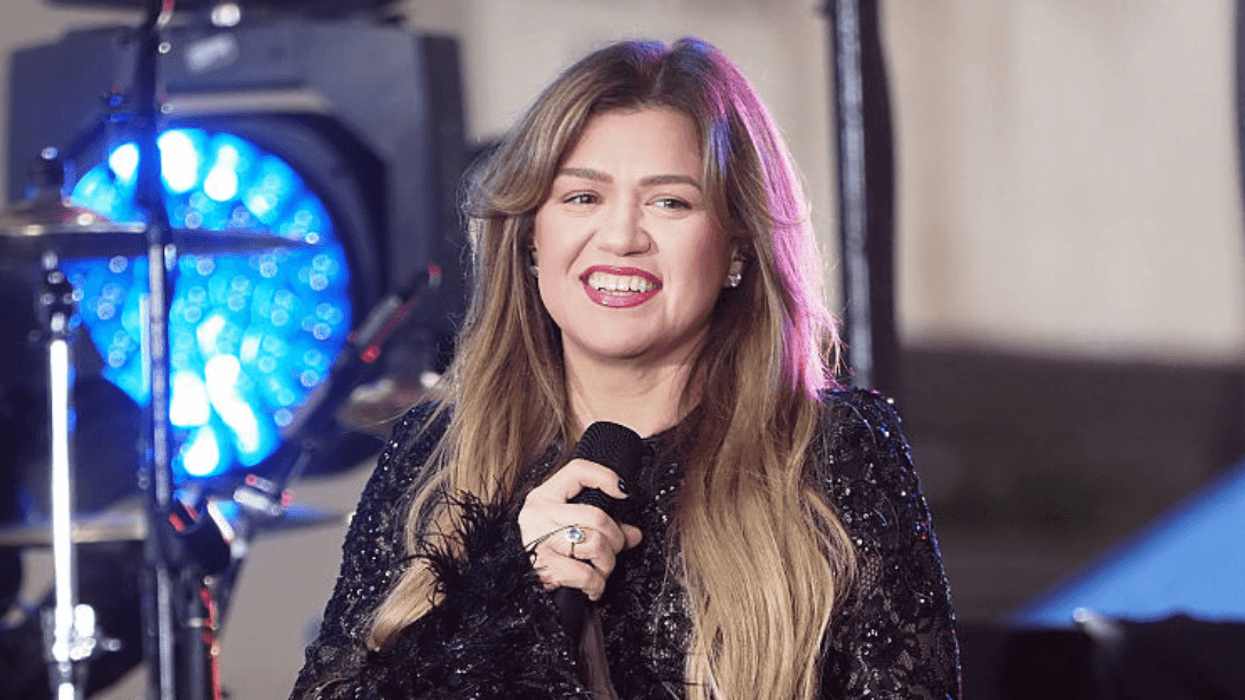
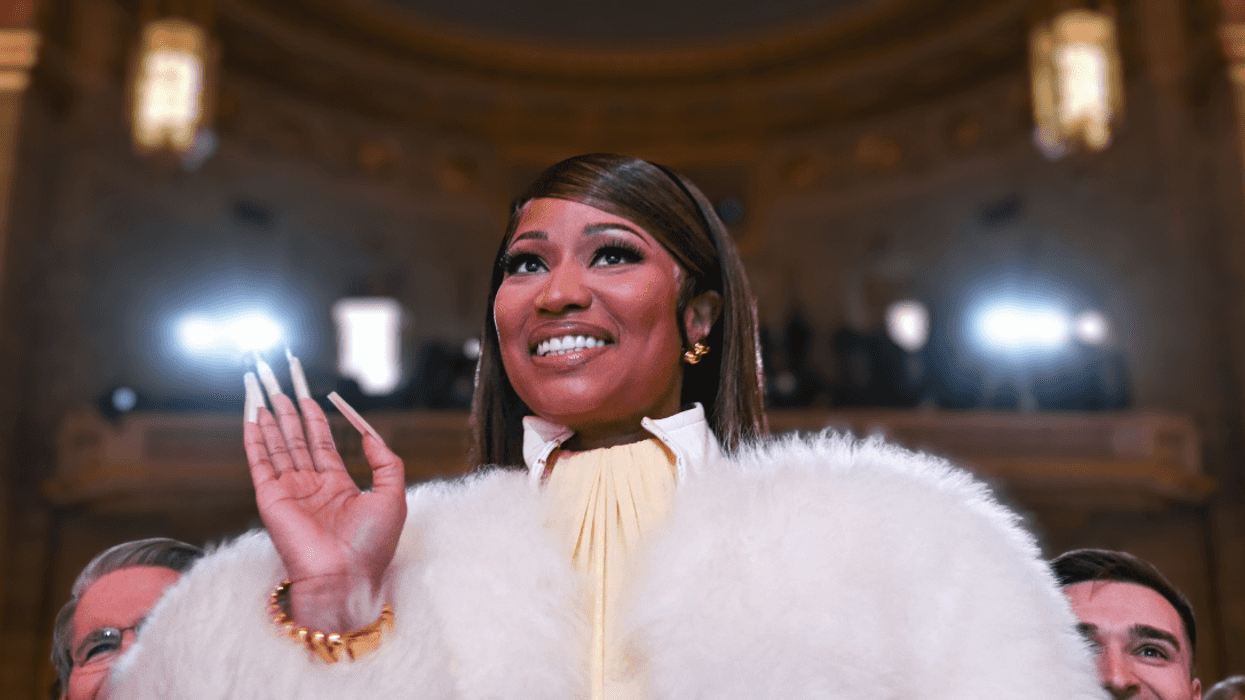
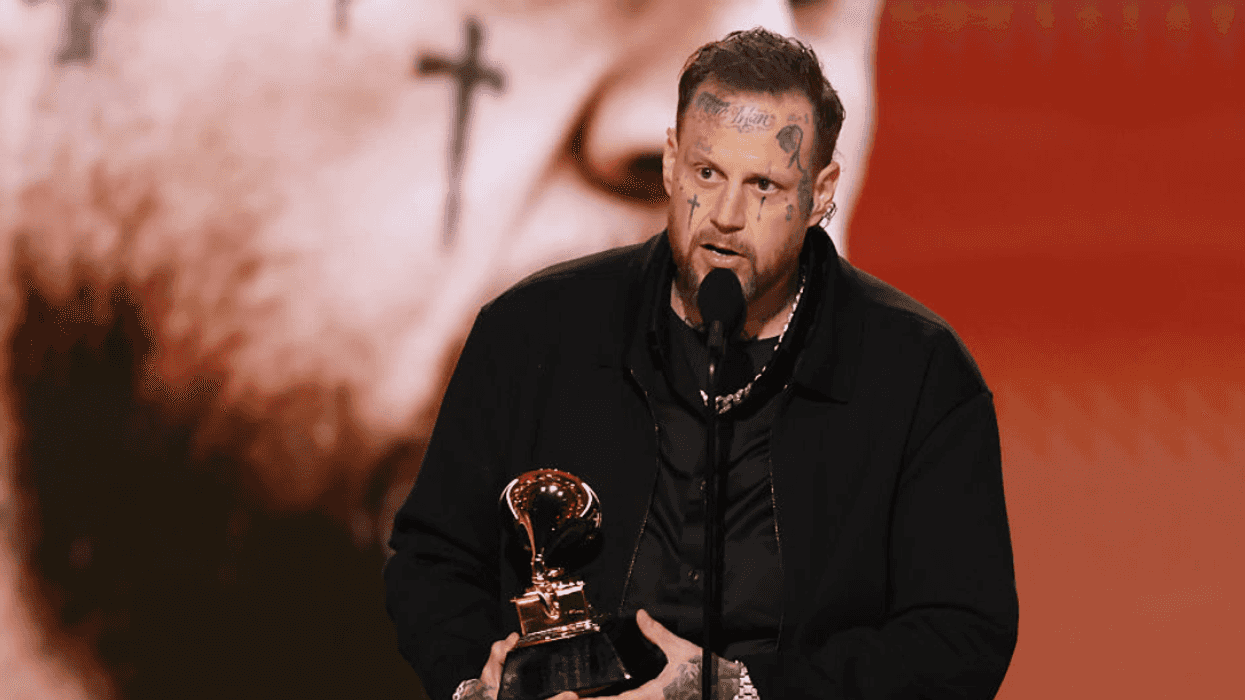
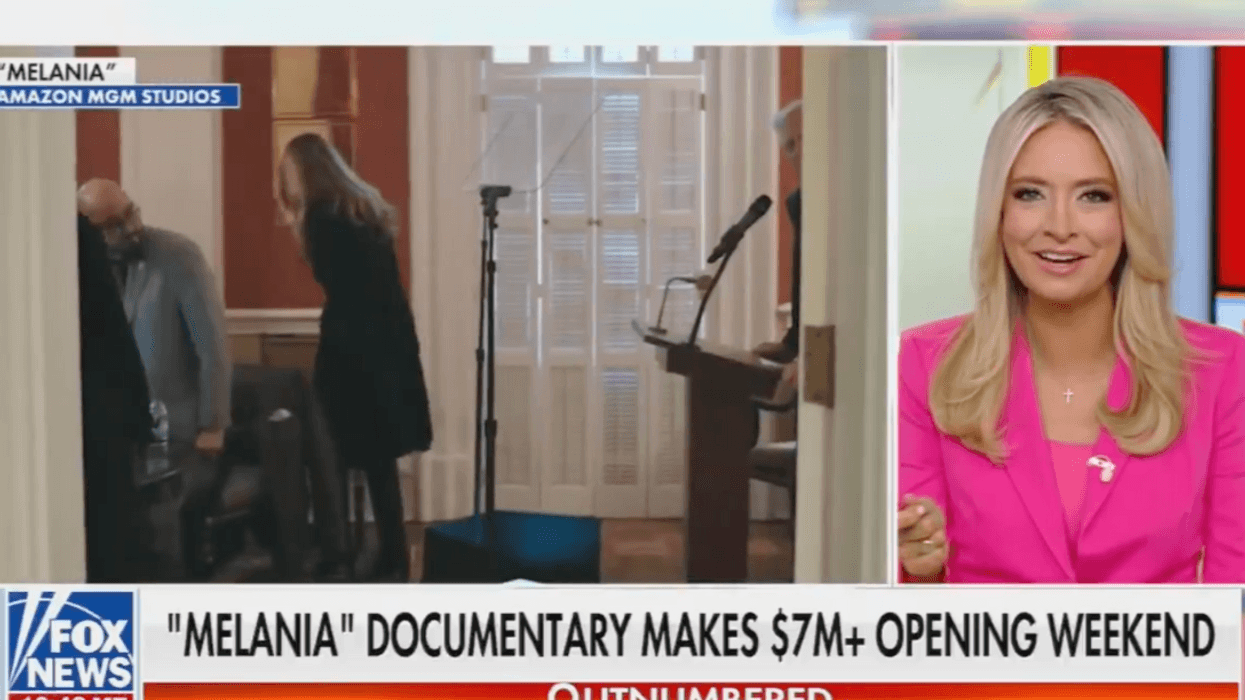

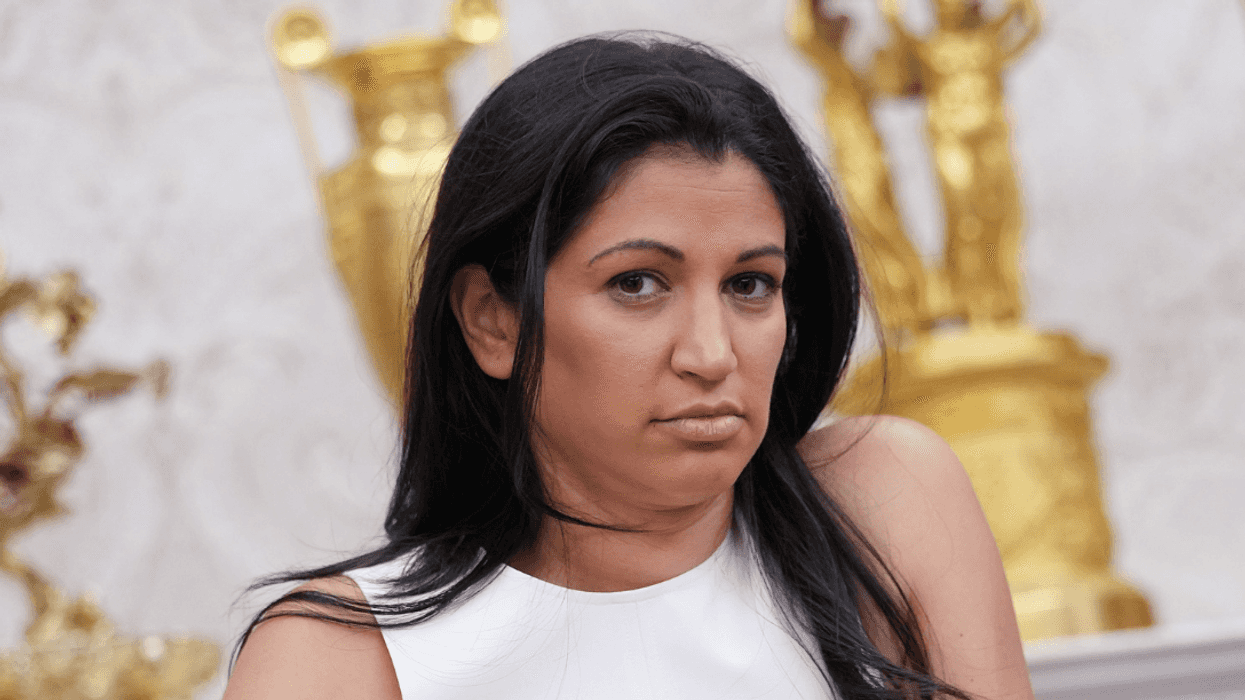

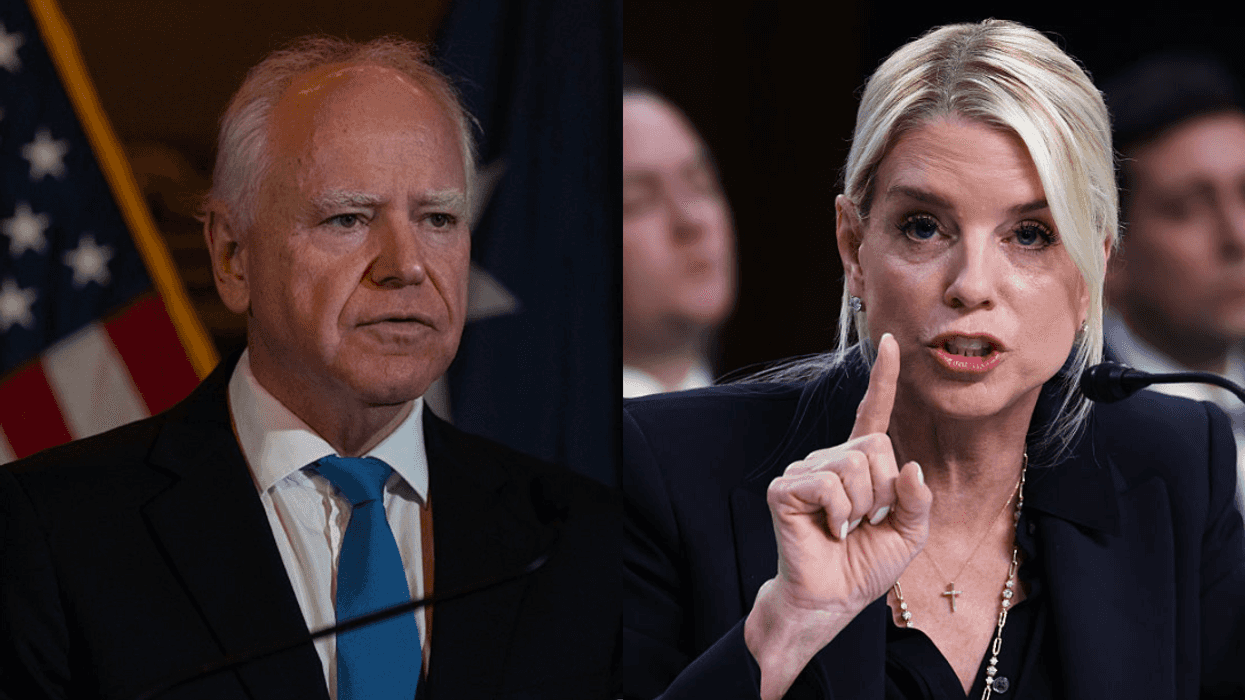


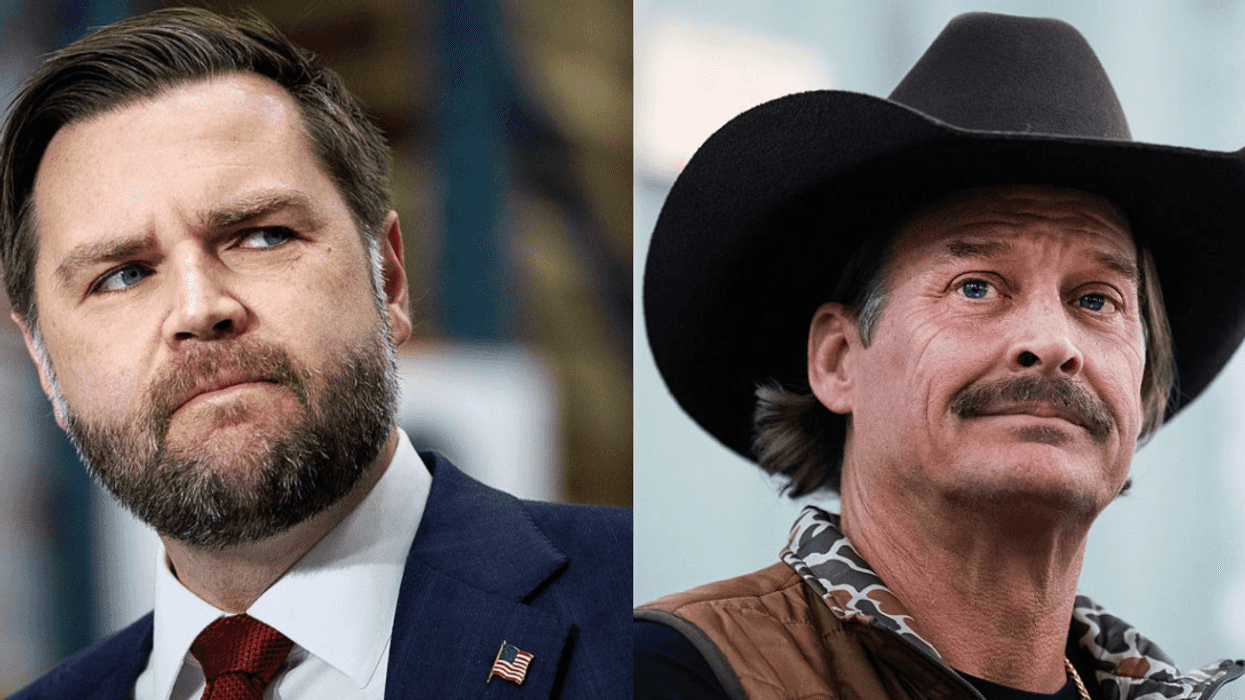
 Turning Point USA
Turning Point USA